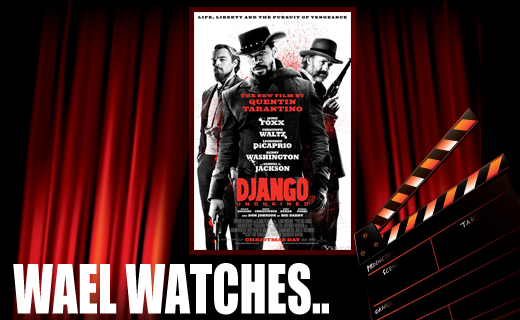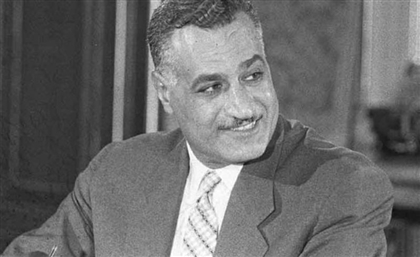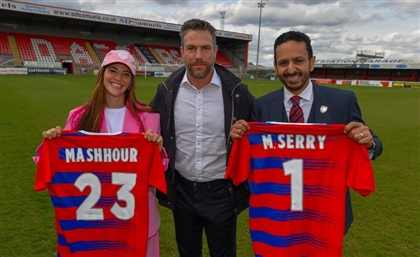Django Unchained
It might be Tarantino as we know him, but the director’s unique style falls flat in Django Unchained says our resident film-freak, Wael Khairy.

Django Unchained is a very good film, but it’s one of Tarantino’s lesser works. Don’t get me wrong, I did enjoy the film quite a bit – just don’t go in expecting 90’s Tarantino. You won’t be blown in the way you were after first experiencing Reservoir Dogs, Pulp Fiction, or even the Kill Bill movies, for that matter. That doesn’t mean it’s not worth your while. Django Unchainedfeatures great scenes but never quite lives up to its very enjoyable first half.
The Ku Klux Klan scene, for instance, is quite possibly the funniest five minutes of any film this year. In fact, it alone is worth sitting through the three hours of runtime. It encapsulates everything we love about a Tarantino picture. You’re thrown off guard by unpredictable, humorous dialogue and exaggerated violence that feels like an artistic choice, rather than a pointless depiction of gory carnage.
Django Unchained is Tarantino’s third feature in his revenge trilogy, the first being Kill Bill and the second being Inglorious Basterds. Jamie Foxx is Django (“the D is silent”), a slave with a few words who wants to seek revenge against those who abused and separated him from his wife. To do so, he teams up with Dr. King Schultz (Christopher Waltz), a bounty hunter seeking the notorious slave owner Calvin Candy, played brilliantly by Leonardo DiCaprio.
The film is very much an ensemble piece with many great performances, my favorite of which has to be Samuel L. Jackson’s best performance since Pulp Fiction, as a grumpy head of slaves referred to as Stephen. The extended dinner table scene is another great moment in the film. The entire scene plays like a psychological chess game between everyone involved from the guests, the servants, to the landowners.
Despite many memorable scenes including a living room death match and Candy coldly ordering a slave to be ripped apart by dogs, Django Unchained feels like it was stitched together carelessly. For one thing, it seems like Tarantino wanted to reference too many Westerns in cameos and sacrifices plot to satisfy fans of the genre.
We also end up with an ending that feels rushed, in a cheap way, to tie everything up in a matter of minutes. I don’t know about you, but I felt like I’ve seen all that before. There’s nothing new to see. Tarantino does not break any new ground; he simply walks on soil previously fertilized by his former works.
I wouldn’t go as far and say Tarantino lost it, but I have my doubts if he has anything new to offer to his loyal fan base. In my honest opinion, I think Martin McDonagh, the director of the masterpiece In Bruges, seems to be doing better Tarantino movies than Tarantino himself lately. I enjoyed this year’s Seven Psychopaths a whole lot more than Django Unchained and find myself looking forward to his movies more than I’m looking forward to the next Tarantino flick.
- Previous Article I Got Banged!
- Next Article The Chronicles of Nadia
























